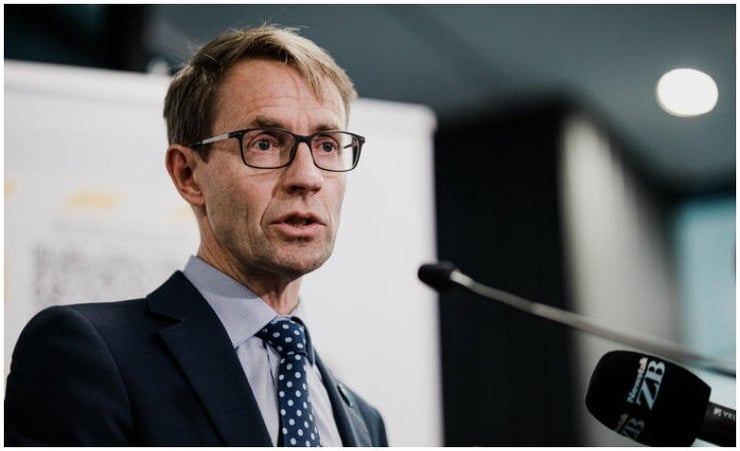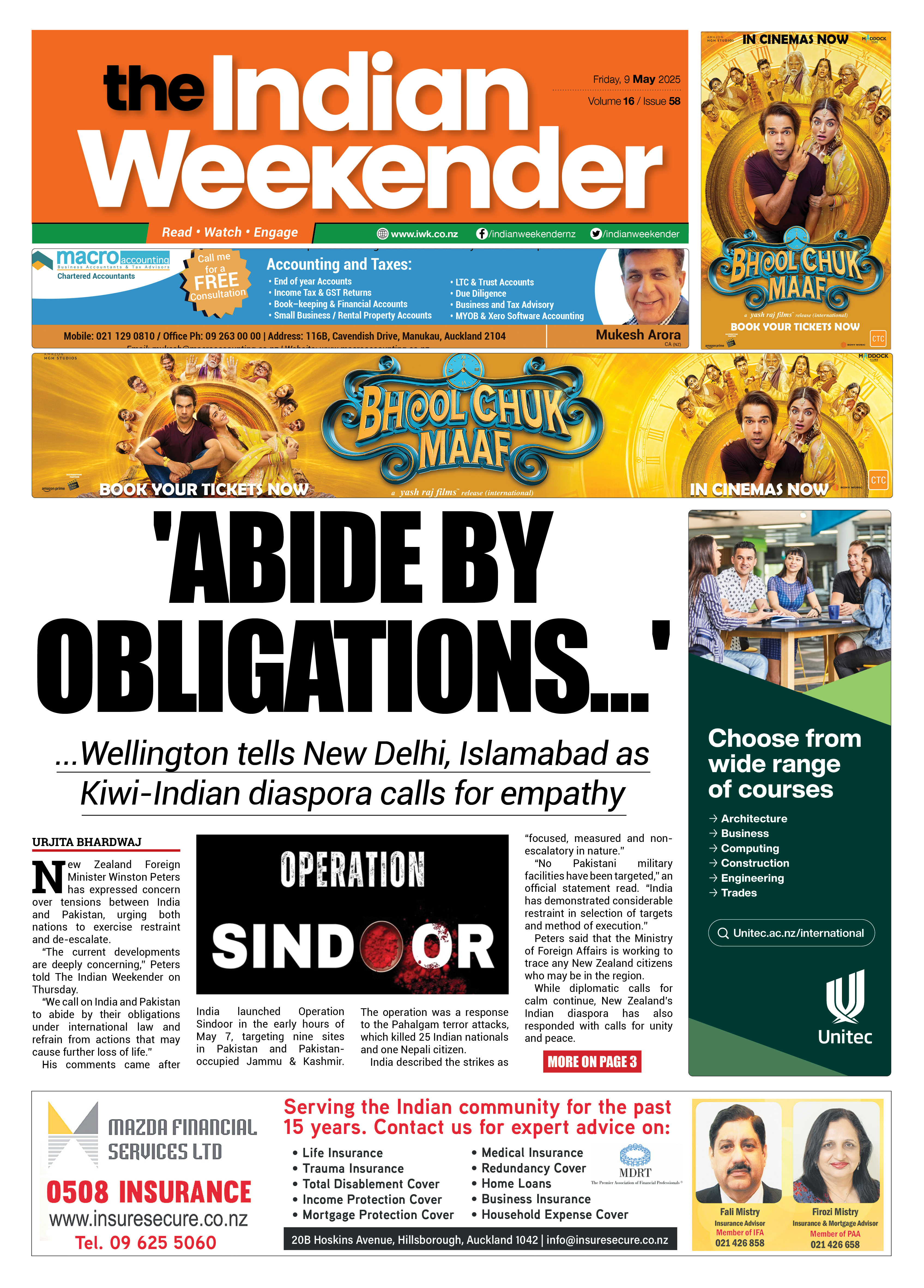41 new cases in the community - Bloomfield

Director-General of Health Dr Ashley Bloomfield said 38 of the new cases were in Auckland and three in Wellington.
The Wellington cases were in contacts first reached two evenings ago, and have known links to the outbreak.
About 59 cases in the Auckland outbreak have not yet been epidemiologically linked to the outbreak, Bloomfield said, but it was clear the vast majority of those were either are a close contact or were at a location of interest.
There are eight Covid-positive patients in hospital, none in ICU, all in pressure-isolated rooms.
There are 80 genomes sequences, all linked to the outbreak.
Bloomfield said the majority of cases in the outbreak were of Samoan ethnicity, in large part due to the subcluster at the Assembly of God church.
The second-biggest subcluster is associated with the first cases identified, which has 23 cases.
More than 15,000 contacts
As of 9am today there were 15,741 contacts formally identified, about 10 times as many as there were in the outbreak about this time last year in Auckland.
There are now nearly 900 frontline contact tracers working around the country.
There are 369 contacts who could be considered the "very closest contacts".
Bloomfield said all cases were interviewed within 24 hours and 89 percent of close contacts were interviewed within 24 hours of a case notification.
"The time from exposure event to contact identification, the metric is over 80 percent within 24 hours and that's sitting at 75 percent at the moment."
He said there were an additional 100 locations of interest since the last update, more than 400 in total.
Yesterday there were 35,376 tests processed across the country. Bloomfield said the wait times had been lower, and more primary care providers had been performing them.
He said wastewater testing from Warkworth had been negative, and genome sequencing suggests it was someone who was infected transited briefly through Warkworth.
There are more than 2000 people working on the Covid vaccination healthline. On its busiest day, 19 August, the service spoke to more than 24,000 people.



